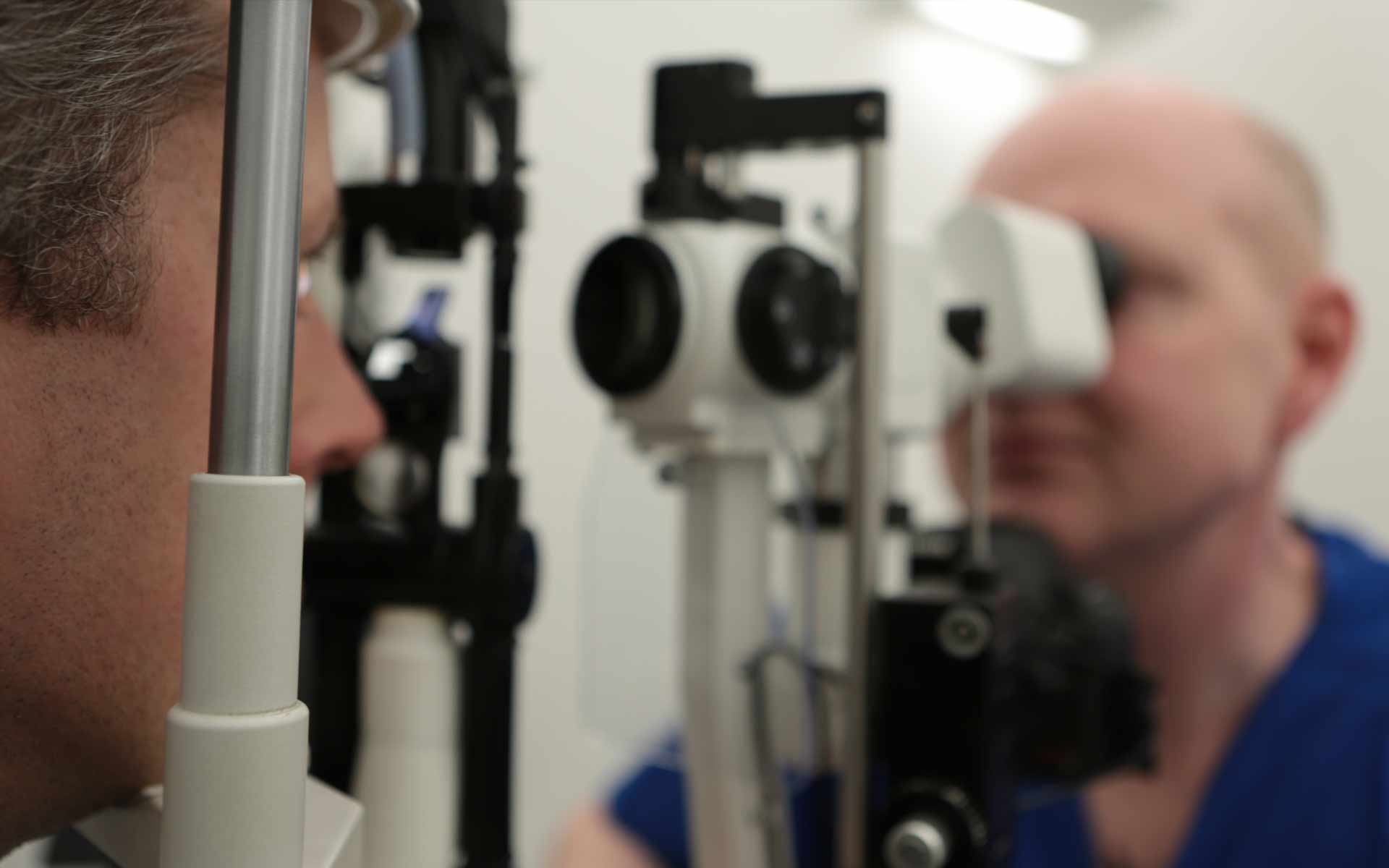More and more people aged 18-30 are being prescribed glasses for driving from the prolonged use of technology such as computers, mobile phones and other gadgets.
The most common reasons for those age 18-30 and need glasses for driving and other distance vision problems, or who wear glasses full time are because they either suffer from myopia, known as short-sightedness or even astigmatism, either alone or combined with short-sightedness.
The key issue for short-sighted patients or those with some degree of astigmatism in this age-group is whether or not the prescription has stabilised, meaning is the vision still getting worse or the prescription getting stronger?
Prescription Stability
If either of these issues are occurring then it won’t help your eyesight get better.
For example, the stronger your prescription gets, the more your eyes will be dependent on that prescription. The best indicator for this is your refractive history, which means looking at your last two prescriptions.
- Are the last two prescriptions from your previous eye tests approximately the same?
- Do the glasses you were dispensed one year or longer ago still work well and give you clear vision?
Want To Find Out If You’re Suitable?
If you’re wondering whether laser eye treatment is the right choice for you, there are some key things to consider…
Laser Eye Surgery
We know from research following laser eye surgery patients over 20 years that if they were well selected and not progressing at the time of treatment, almost 99 percent remain stable in the long-term.
If the glasses prescription is now stable, you may be a good candidate for laser eye treatment.
LASIK correction is the treatment of choice for short-sight and astigmatism. PRK (photorefractive keratectomy) may also be an option depending on the anatomy of your eyes.
The re-treatment rate at Focus Clinic for return of myopia more than one year after surgery is only 1 in 800 cases.
Want to Find Out More About Laser Eye Surgery?
Finding the right surgeon for you is an important process. You should look for a professional that’s highly-qualified and experienced. At Focus Clinic, we’re proud to be the only clinic in the whole of UK with a 100 percent success rate in laser eye surgery with a 9.9 out of 10 rating thanks to reviews from our happy clients.
If you’re searching for more information on the different types of laser eye surgeries available to you, advice on the procedure and tips on how to find the best and most experienced surgeon, download our free laser eye surgery guide below.

